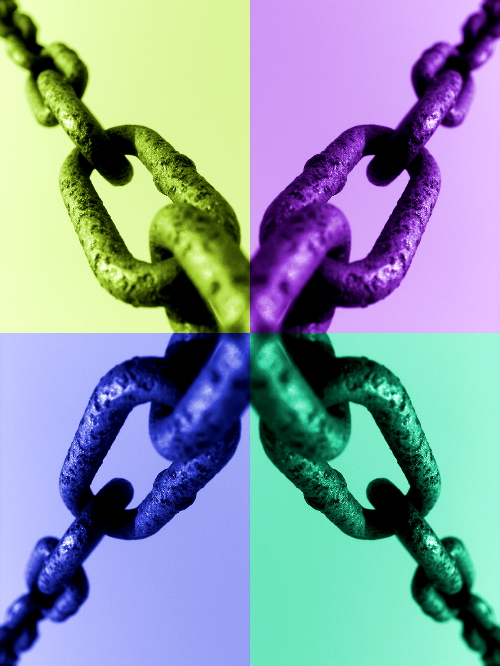Slavery study finds thousands bonded
 Reports say there are about 15,000 people living in some form of slavery in Australia.
Reports say there are about 15,000 people living in some form of slavery in Australia.
The latest Global Slavery Index reports that despite thousands of people living in slave conditions, there were just 20 convictions in Australia for slavery and trafficking offences under the commonwealth criminal code from 2004 to 2017.
Australia’s slave practices occur most frequently in the hospitality, construction, agriculture and sex industries, but also in private homes and within families in the form of forced marriage.
Slavery also underpins parts of the supply chains of thousands of products imported into Australia.
“Modern slavery is a hidden crime that affects every country in the world …,” the report says.
“Instances have been identified in Thai fishing, coalmining in North Korea, in the homes of diplomats in Australia, in carwash stations in the UK, cocoa agriculture in Côte d’Ivoire and cattle-ranching in Brazil.”
The experts say Australia imports nearly US$12 billion worth of goods “at risk” of being made using slavery each year.
That includes over $6 billion in computer products and $4 billion in garments from China, as well as fish, cocoa and even human organs from around the world.
The Federal Government has introduced a modern slavery bill to Parliament that would force Australian companies worth over $100 million to publish annual statements on their methods to address modern slavery in supply chains and operations.
However, the bill has been criticised for a lack of enforcement options, including no measures to punish companies for failing to comply.
It also does not include an independent statutory anti-slavery commissioner, which is one of the key measures in the UK’s anti-slavery regime.
The global slavery report “strongly encourages” the Australian government to institute an independent commissioner.







 Print
Print